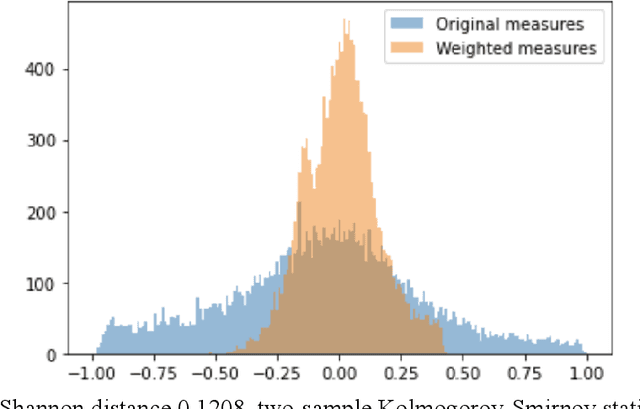Demographic Confounding Causes Extreme Instances of Lifestyle Politics on Facebook
Paper and Code
Jan 17, 2022



Lifestyle politics emerge when activities that have no substantive relevance to ideology become politically aligned and polarized. Homophily and social influence are able generate these fault lines on their own; however, social identities from demographics may serve as coordinating mechanisms through which lifestyle politics are mobilized are spread. Using a dataset of 137,661,886 observations from 299,327 Facebook interests aggregated across users of different racial/ethnic, education, age, gender, and income demographics, we find that the most extreme instances of lifestyle politics are those which are highly confounded by demographics such as race/ethnicity (e.g., Black artists and performers). After adjusting political alignment for demographic effects, lifestyle politics decreased by 27.36% toward the political "center" and demographically confounded interests were no longer among the most polarized interests. Instead, after demographic deconfounding, we found that the most liberal interests included electric cars, Planned Parenthood, and liberal satire while the most conservative interests included the Republican Party and conservative commentators. We validate our measures of political alignment and lifestyle politics using the General Social Survey and find similar demographic entanglements with lifestyle politics existed before social media such as Facebook were ubiquitous, giving us strong confidence that our results are not due to echo chambers or filter bubbles. Likewise, since demographic characteristics exist prior to ideological values, we argue that the demographic confounding we observe is causally responsible for the extreme instances of lifestyle politics that we find among the aggregated interests. We conclude our paper by relating our results to Simpson's paradox, cultural omnivorousness, and network autocorrelation.
 Add to Chrome
Add to Chrome Add to Firefox
Add to Firefox Add to Edge
Add to Edge